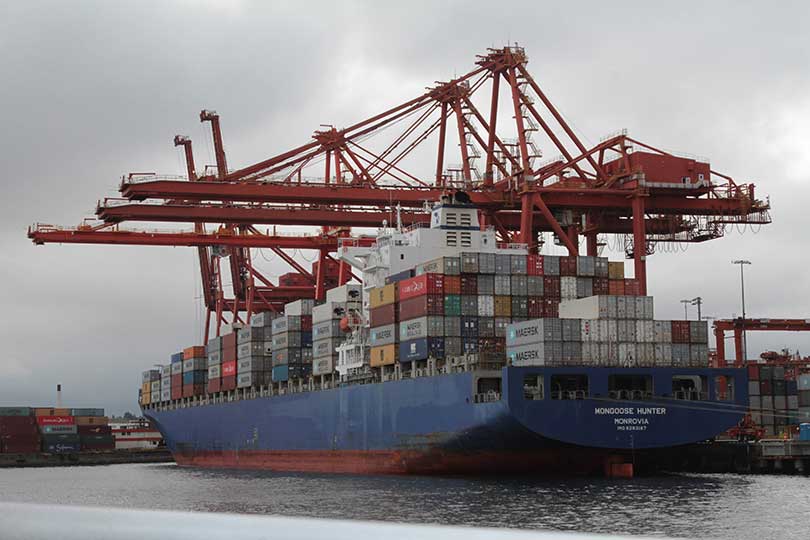By Jessica Domel
Multimedia Reporter
Lamb, honey, peanuts and frozen corn are among the new agricultural products produced in the United States that may soon be impacted by Chinese tariffs.
Late last week, the Chinese Ministry of Finance (MOFCOM) threatened to implement tariffs ranging from five to 25 percent on about 5,200 types of goods exported by the U.S.
“On July 10, 2018, the U.S. government, in spite of China’s solemn representation and solemn opposition, announced that it would impose a 10 percent tariff on imported goods originating in China, involving about 200 billion U.S. dollars of Chinese exports to the United States,” a statement from MOFCOM read. “On Aug. 1, U.S. Trade Representative Wright Heze issued a statement to increase the tax rate on Chinese products worth 200 billion U.S. dollars from 10 to 25 percent.”
That action, according to MOFCOM, indiscriminately violates rules and international obligations to the World Trade Organization (WTO).
China has filed at least three complaints with the WTO regarding previous tariffs levied on Chinese exports to the U.S.
“(The measures) further (infringe) on the legitimate rights and interests enjoyed by China in accordance with the World Trade Organization, and seriously (threaten) China’s economic interests and security,” MOFCOM said.
The Chinese government said Friday it is taking action with the tariff package to “defend China’s legitimate rights and interests in the continuing violation of international obligations by the United States.”
Goods impacted by the proposed tariffs include: liquefied natural gas, biodiesel, hops, maple syrup, whey protein, margarine, ginseng and packaged food for children.
According to POLITICO, milk machines and parts, hides, skins and leather products would also be impacted.
MOFCOM has not yet announced when the additional duties will be implemented.
Last week, U.S. Trade Representative (USTR) Robert Lighthizer announced the president’s consideration of a 25 percent tariff on $200 billion in Chinese exports to the U.S., increasing the duty from a previously announced 10 percent tariff.
“The Trump administration continues to urge China to stop its unfair practices, open its market and engage in true market competition,” Lighthizer said. “We have been very clear about the specific changes China should undertake. Regrettably, instead of changing its harmful behavior, China has illegally retaliated against U.S. workers, farmers, ranchers and businesses.”
According to Lighthizer, the potential tariff increase gives the administration additional options to encourage China to change its “harmful politics and behavior and adopt policies that will lead to fairer markets and prosperity for all of it citizens.”
Lighthizer’s office is accepting comments on the potential duty increase until Sept. 6 on regulations.gov.
China is currently levying more than 60 percent tariffs on U.S. pork, and 25 percent tariffs on soybeans, beef, cotton, corn, ethanol, grain sorghum, wheat, poultry, rice and other agricultural products from the United States.

